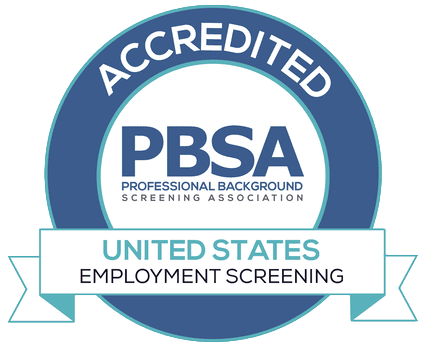The PA Clean Slate Law, originally passed by the Pennsylvania General Assembly as 2018 PA Act 56, is a first-in-the-nation law to shield some arrest records and minor criminal histories from public viewing. The law is intended to prevent criminal records from being used to discriminate against people with low level, non-violent criminal convictions.
What Does the PA Clean Slate Law Do?
The revolutionary aspect of the PA Clean Slate Law is that the process is automatic. Beginning in June 2019 and continuing until June 2020, courthouses throughout Pennsylvania will process criminal records eligible under the PA Clean Slate Law for automatic sealing.
There are three additional ways to shield criminal records from public view under Pennsylvania law. However, these are not automatic and require some action by the person convicted.
· Limited access petition: A petition to seal records can be filed for offenses that are not eligible for automatically sealing under the PA Clean Slate Law.
· Expungement petition: Criminal records can be expunged, meaning the records are destroyed, by petitioning the court where the conviction occurred.
· Pardon: When the governor grants a pardon, all legal disabilities are removed, and it is as if the conviction never happened. However, the records will remain open to public view unless the records are sealed or expunged.
Who is Eligible for the PA Clean Slate Law?
To be eligible under the PA Clean Slate Law, your arrest or conviction must meet certain criteria.
Records for arrests that (a) did not result in charges or (b) led to charges that were dismissed or resulted in an acquittal or mistrial are automatically sealed.
Criminal records of convictions meeting the following three elements are automatically sealed:
· The severity of charges: Your conviction must be for a summary offense (also called non-traffic citations), a third-degree misdemeanor, second-degree misdemeanor, or other misdemeanors for which the penalty is imprisonment of two years or less.
· Free from new charges: You must be free from any new charges for ten years after the date of conviction.
· All financial obligations paid: You must have paid all fines and probation supervision fees.
Who is Not Eligible for the PA Clean Slate Law?
In addition to cases that do not meet the elements described above, the PA Clean Slate Law specifically exempts sealing of felony convictions and any conviction, felony or misdemeanor, for:
· Offenses against the family.
· Violent offenses.
· Firearms offenses.
· Sex offenses.
· Corruption of minors.
· Cruelty to animals.
Additionally, people convicted of two or more misdemeanors punishable by two years or less imprisonment or four or more misdemeanors punishable by one year or less imprisonment are ineligible for the PA Clean Slate Law.
What are the Benefits of the PA Clean Slate Law?
A criminal record sealed under the PA Clean Slate Law is shielded from view by the general public. This means that all landlords and most employers will be unable to view the sealed records.
How Does the PA Clean Slate Law Impact ProVerify?
For ordinary criminal history checks, sealing will render the records unavailable for review by ProVerify. However, sealed records remain available to law enforcement, prosecuting attorneys, and the FBI. Employers who are required by state or federal law to conduct FBI background checks will still be able to view sealed records.
To learn more about criminal history and FBI background checks, contact us, or visit our website.


